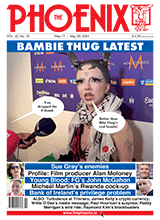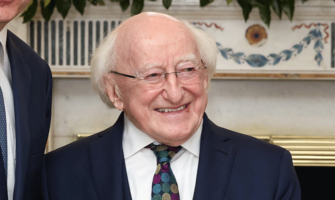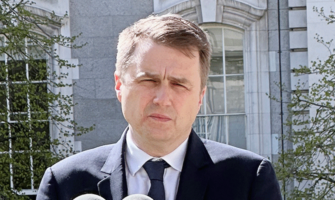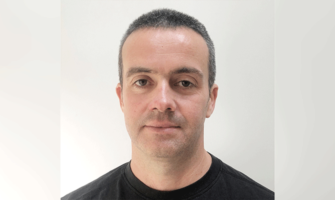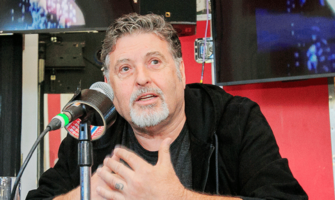
Paul Bew
BRITAIN’S UNILATERAL decision to stifle victims’ ability to seek truth and justice via its Legacy Act has been condemned not only by the Irish Government but also by the Council of Europe’s commissioner for human rights, the UN’s commissioner for human rights and all political parties in the north etc. Now the establishment of an expert advisory panel (EAP) to provide “independent advice and guidance to the historians writing the public history of British policy during the conflict in Northern Ireland” is also proving to be fraught with difficulties.
The EAP is made up of nine academic historians and political scientists, who have oversight of all aspects of the project including the selection of qualified and independent historians to write the public history; advising on the overall structure and content; and even providing guidance on the selection and use of primary and secondary source materials including any sensitive or classified documents.
With the EAP being tasked with ensuring “a comprehensive and objective account of British policy during the Troubles”, it was a surprise to see included on the panel Lord Paul Bew and Henry Patterson, professors of politics at Queen’s University Belfast and the University of Ulster respectively.
Bew and Patterson joined the Workers’ Party (WP), colloquially known as the Stickies, in the early 1980s. At the time, these academic ‘Marxists’ were arguing that there was nothing inherently reactionary about the northern state. Patterson was co-opted on to the WP’s ard chomairle in 1986. By the early 1990s, however, he was advocating that the only hope for progressive politics in the north was for the British Labour Party to establish branches there.
Around the same time in his book, Making Sense, Bew was arguing that the 1916 Easter Rising had been an aberration and its heritage needed to be rejected by the Irish political establishment. No surprise then that Bew went on to be an adviser to David Trimble when he was leader of the Ulster Unionist Party and was appointed as an independent peer to the House of Lords in 2006.
None of this is a state secret either and details were outlined in Brian Hanley and Scott Millar’s comprehensive book, The Lost Revolution: The Story of the Official IRA and the Workers’ Party.





